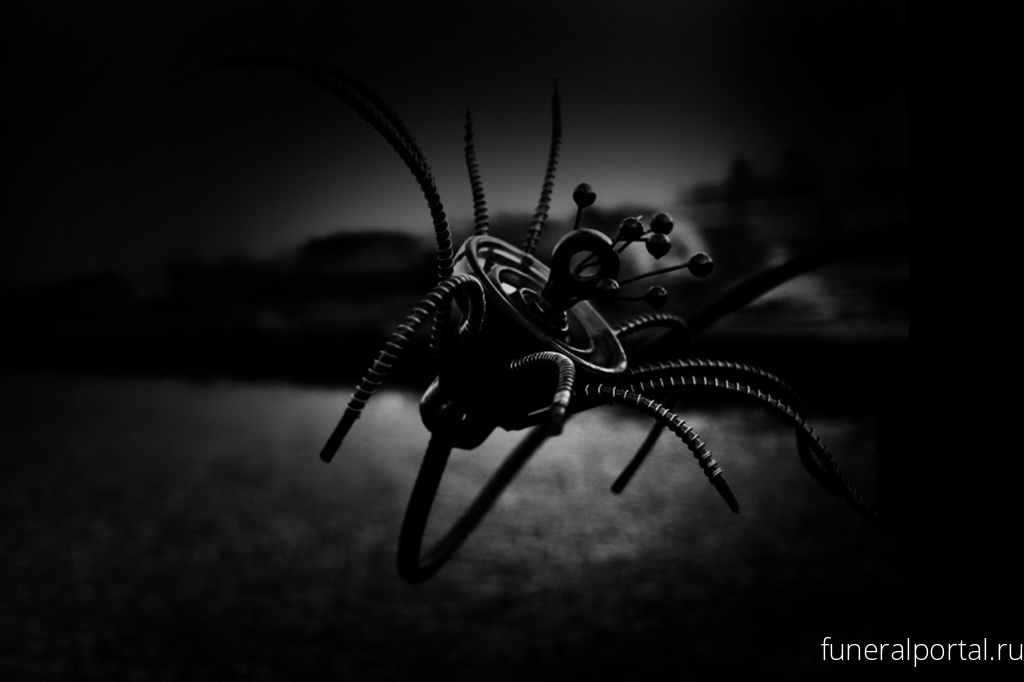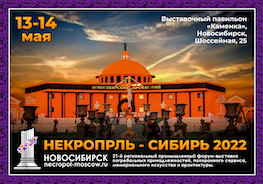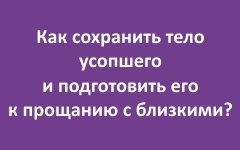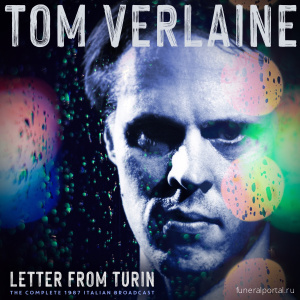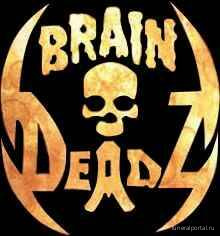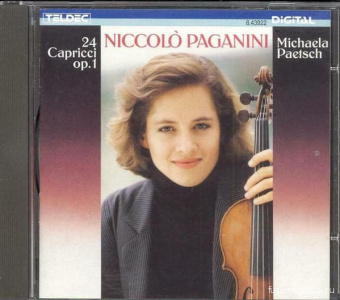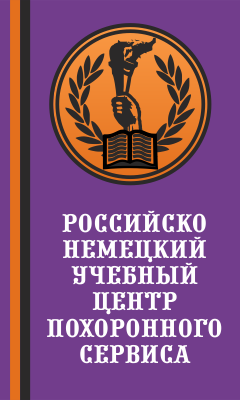Blockchain-based works such as Plantoids by Primavera De Filippi help us imagine the consequences of organising social systems through automated, gamified, incentive mechanisms Image: courtesy of Furtherfield
Beeple and Christie’s recently minted and sold their first NFT work of art for millions of dollars worth of cryptocurrency. We know that NFTs (Non-Fungible Tokens, or blockchain-based units of authenticity) make the digital internet ownable, which is making artists, commentators and early-adopter collectors alike lose their minds over potential new wealth. But the reality is much more nuanced and dangerous.
The move by Christie's et al into cryptoart is a sign of the stagnating established Art world markets and associated industries finding new ways of manufacturing wealth (and highly launderable wealth at that). However, viewed through this lens the only relevant characteristic of this type of “Art” is its capacity to act as a vehicle for financial speculation (let’s use a capital “A” to make this distinction). If we all want to agree that this is what Art is, then galleries, museums, and the whole mechanism of art history should just admit to being marketing vehicles. And perhaps this is what Western Art's role in society will turn out to have been; to prepare us for the final reveal when we discover that participation in financial speculation is the pinnacle of human existence, and our purpose, a fight to the death to "be" the new 1%.
After 25 years of art world building with the internet, the art I care about is used for a different kind of speculation—on as yet uncaptured ways of being, feeling, knowing and acting. Attention and attunement to all the different wild drives, sorrows and blisses of life across the dial of a kajillion sentient beings and systems is all that matters. The prize? The world we would like to create together.
This kind of artistic speculation has a fascinating intersection with Art, NFTs and blockchains at the point where resources and coordinated action meet and new relationships are formed. For example, NFTs have the potential to automate the payment of resale royalties, create (new types of) profit-distribution—and do it transparently. Pussy Riot's first NFT drop on 13 March came with the declaration that “as an anarchist, I embrace tools that give back control to the artist” (from their Twitter account). The money raised will support more activist art and victims of domestic violence. Other blockchain technologies such as Decentralised Autonomous Organisations (or DAOs) offer even greater potential for real change in art/Art world ecosystems through new ways of pooling and distributing resources.
There are many more ways of using these technologies critically and creatively than we are seeing in the mainstream where Art news is always, and only, money news. The blockchain and crypto art we admire at Furtherfield, explores the weird and shadowy relationships between Art, art history, money, ownership, energy and value in our societies. Our 2017 book Artists Re:thinking the Blockchain brings attention to the real blockchain poetics of visionary artist and writer R Myers. It also features Plantoids, the evolutionary blockchain-based life form by Primavera De Filippi, and Terra0’s self-owning augmented forest. These both help us imagine the consequences of organising living and social systems through automated, gamified, incentive mechanisms. In 2017 we also commissioned Sarah Friend’s controversy-anticipating ClickMine, an artwork that is also a “hyperinflationary token, minted by a clicking game” in “a hypercapitalist frenzy that makes the generation of useless wealth via clicking more literal than ever before.”
Which brings me to the other things we need to examine. For example, while the Art world is excited it has struck gold, another just as feverish—if technically ill-informed—debate rages about extractive cultures and crypto’s carbon footprint (see Sterling Crispin’s NFTs and Crypto Art: the Sky Is not Falling). This last has even led to the doxxing of and death-threats towards NFT artists. Not to mention, while NFTs are not (yet) directly responsible, any kind of pooling of access and wealth will only exacerbate a worrying digital divide where an intelligent use of such tech could represent a way to tackle such issues.
Feminist economists and commons experts Waring, Ostrom and Federici, and art activists such as Cassie Thornton and Ailie Rutherford remind us that for life to thrive, economies must follow cultures not the other way round. And for this to be realised economic technologies must be shaped by, with and for the people in communities who use them—complex social living beings before rational economic decision-makers. That is why, in addition to getting hands on with these technologies, I have spent much of lockdown devising and playing Live Action Role Play games (LARPs) that bring people together (online for now) across different backgrounds and disciplines to gather and improvise, rehearse and feel the consequences of these profoundly disruptive decentralised social technologies.
And I would argue that, to truly be seen as “revolutionary”, NFTs and associated technologies must harness the potential for decentralisation and redistribute power and agency to more diverse people and beings, nurturing systems of healthy interdependence. And we must move away from the only story ever told about art being a story about money because this is destroying imagination and creativity right when we need it most.
Ruth Catlow is a digital artist and co-founder of Furtherfield


Artists Re:thinking the Blockchain Paperback – by Marc Garrett (Editor), Ruth Catlow (Editor), Sam Skinner (Editor), & 1 more https://www.amazon.com/Artists-Re-Blockchain-Marc-Garrett/dp/0993248748
